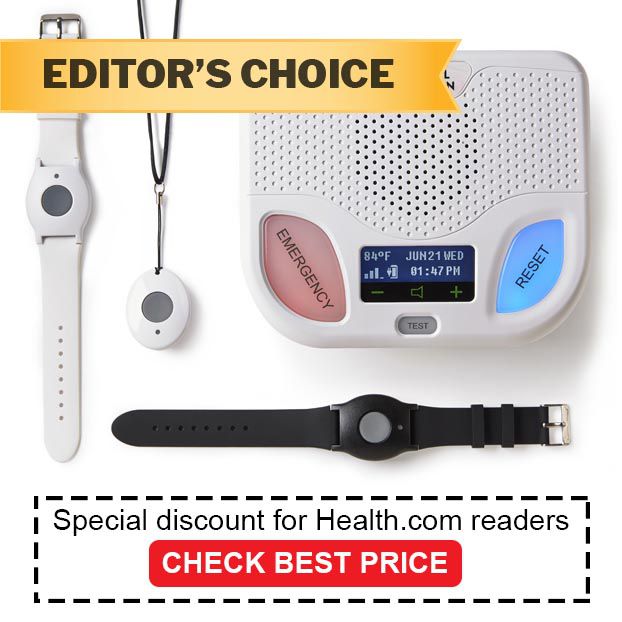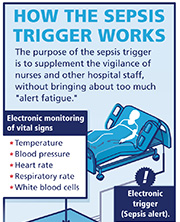The number of alerts escalated sharply and within a matter of. This review will aid people forming new clinical systems so that alerts can be incorporated appropriately.
 Combating Alert Fatigue In Healthcare To Improve Healthcare Outcomes
Combating Alert Fatigue In Healthcare To Improve Healthcare Outcomes
Unfortunately there are so many false alarms theyre false as much as 72 to 99 percent of the time that they lead to alarm fatigue in nurses and other healthcare professionals.

Alert fatigue in healthcare. Clinical reminder alert fatigue in healthcare. Alarm desensitization or fatigue from frequent false or unnecessary alarms has led to serious events and even patient deaths. Recognize that an unnecessary alert can be dangerous in health care.
Health Service NHS is increasing the cognitive load within this working environment 16 to such an extent that these reminders are largely being disabled thus negat-ing their effectiveness 17. This failure to engage with these digital prompts has been termed alert fatigueBymanually. However this has not been fully investigated using a robust qualitative approach particularly in a rapidly growing body of evidence.
In case you are unaware of its meaning alarm fatigue is what happens when healthcare workers become overwhelmed and desensitized to medical alarms due to the high frequency of hearing them in the workplace. A systematic literature review protocol using qualitative evidence. The most common approach is to reduce the sensitivity firing an alert when the severity of an interaction is high.
Medical alarms are meant to alert medical staff when a patients condition requires immediate attention. Backman R Bayliss S Moore D. Syst Rev 6 255 2017.
But its not hard to imagine that a never-ending stream of alerts will eventually fatigue software engineers. As someone who has worked in the medical field for many years I can tell you that alarm fatigue is very real. Clinicians experience sensory overload from the excessive number of alarms and become desensitized which can lead to longer response times or critical alarms being missed altogether.
The sheer volume of alarms in the typical hospital room causes alarm fatigue. The danger is that a clinically relevant warning will. Alert fatigue is a complex and growing health care safety concern that will continue and increase in existence with the increase in reliance on computerization.
At my hospital The Childrens Hospital of Philadelphia CHOP concerns about alert fatigue came to a head in 2012 when we installed a new EHR system. Alert fatigue in Healthcare is a symptom of improperly configured technology systems that present excessive false or irrelevant warnings leading users to mentally tune them out over time. 4 5 Although this is a simple and direct way to reduce alert fatigue a thorough evaluation of the interactions in relation to institutional data prescribing practices prescribers knowledge base and patient population may provide a better outcome.
Other concerns include settings inappropriate to patient population or condition inadequate staff training and improper use or disabling. In healthcare the term alert fatigue describes how busy workers become desensitized to safety alerts resulting from clinical decision support CDS systems or electronic health. Clinical reminders are assessed for effectiveness on an individual basis rather than in combination with existing prompts for other conditions.
While computerization has made many things in health care safer one of the biggest unintended consequence of digitalization is alert fatigue. Discuss how alert fatigue can have a negative effect on patient safety. Indications of alert and reminder fatigue are found throughout the current literature.
In a given month physicians at UCSF Medical Center get 30000 alerts from different systems. The growing number of prompts may be counter-productive as healthcare professionals are increasingly suffering from reminder fatigue meaning many reminders are ignored. Alert fatigue or occasionally referred to as alarm fatigue is most commonly noted and studied amongst healthcare professionals.



